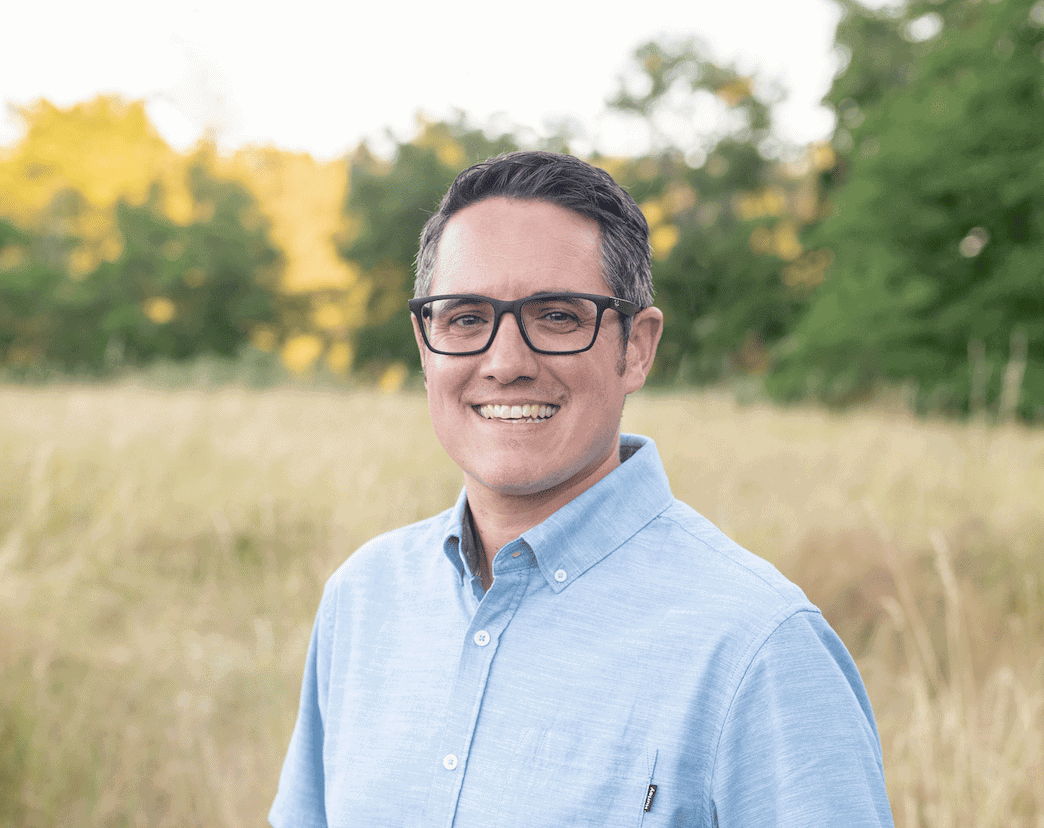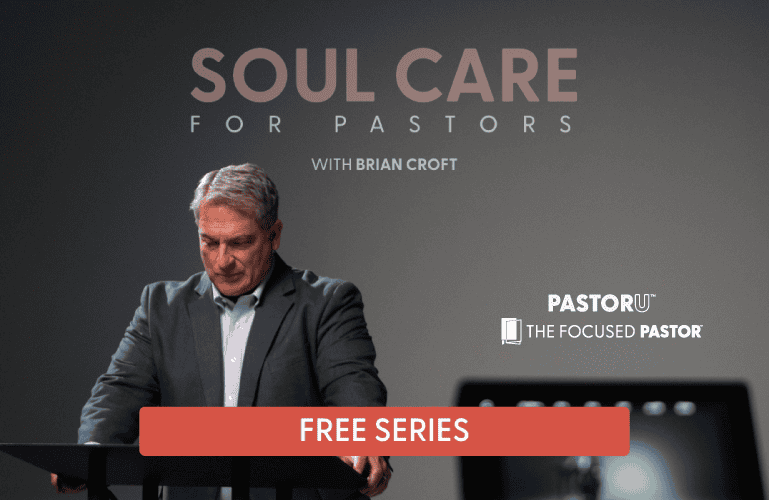The Gratitude Revolution Every Pastor Needs
Estimated reading time: 5 minutes
Leaf season just ended here in Vermont. The thousands of “leaf peepers” who inundate our little town for a month and a half every autumn are gone. People are no longer stopping in the middle of the road to jump out of their cars and snap the perfect photo of fall splendor. But traffic annoyances in our sleepy town aside, I thank God for leaf peepers because they remind me to look for the glory around us. Fresh eyes looking at our green mountains turned orange, red, and gold see things familiar eyes may miss. Similarly, cultivating a heart of gratitude for what God is doing in our churches helps us see our churches in new ways. Giving thanks opens our eyes to see glory again.
Being intentionally thankful
Being intentionally thankful in ministry has too often not been my default attitude. It is easy for me to focus on the difficult parts of pastoral ministry, the problems in the church, and the difficult church members. It takes an act of the Spirit and me yielding to the Spirit to have a reflex of gratitude. Problems are often in our faces as pastors, and we can be utterly blind at times to what we should be thankful for in our churches. Yet we learn from the Apostle Paul’s pattern that gratitude for our churches and thanksgiving to God for specific church members will give us new lenses through which to view our churches. This attitude can be revolutionary in our view of ministry as we follow Paul’s example.
Colossians 1:3-5 is a paradigm for pastors that can change our default from grumbling to gratitude. “We always thank God, the Father of our Lord Jesus Christ, when we pray for you, since we heard of your faith in Christ Jesus and of the love that you have for all the saints, because of the hope laid up for you in heaven…” (Colossians 1:3-5). First, Paul says he always thanks God for the Colossian church when he prays for them.
Do you thank God persistently and specifically for what He does in people’s lives?
Look at how specific he is. In these three verses, Paul gives thanks for their faith, he gives thanks for their love for the saints, and he gives thanks for how they are growing in their understanding of and appropriation of the gospel. Paul sees the salvation and sanctification of the Colossian believers as a direct work of the Holy Spirit (Colossians 1:8), so he thanks God for His work in them.
Do you give thanks?
Fellow Pastors, do you give thanks specifically for the work God is doing in people’s lives? Do you give thanks for the kids and teens growing in their faith? Do you give thanks for the marriages that reflect the love of Christ better than they used to? Do you give thanks by name for the seniors in your church?
If I don’t purposefully stop and give thanks for the work I see God doing in or through specific people, I am missing out on an opportunity to worship the God who is at work. Many people give thanks this time of year, but part of how gratitude becomes Christian thanksgiving is when we express it to God.
We’re not talking about a secular optimism that tries hard to see the world through rose-colored glasses but ignores significant difficulties or issues it needs to deal with. Rather, the apostolic example for us as pastors is that because of who God is, and because of what God indeed does, we have reasons to give thanks.
Most of the beginning of Paul’s epistles start with him giving thanks for the church he writes to (Romans 1:8, 1 Corinthians 1:4, Ephesians 1:15-16, Philippians 1:3-5, 1 Thessalonians 1:2-3, 2 Thessalonians 1:3, 2 Timothy 1:3, Philemon 4-5). Notice the pattern. Paul thanks God for them and then tells them. It’s like “gratitude dynamite” when we thank God for somebody and then tell them so. It helps them to see the miracle of Almighty God at work in them.
The thanksgiving for the church in Corinth sticks as a way to give thanks no matter what is going on in ministry at any moment. In all the other passages, Paul thanks God for something specific. But when he writes to the church in Corinth with all their problems, he thanks God for His grace in them. He’s unsure what to thank God for in that church, so he thanks God for His grace in their lives.
Paul shows us that we can thank God for what He is doing in our churches now rather than waiting to thank Him if they become more of what we want them to be.
It is an act of worship to thank God for what I see Him doing now, even in the difficult seasons of ministry.
Don’t let pastoral ministry harden you
In The Voyage of the Dawn Treader, Eustace becomes a dragon. It takes the painful and persistent clawing of the Christ figure, Aslan the lion, to remove Eustace’s scaly, hard dragon skin so that Eustace can be a soft-skinned boy again.
It could be that you are like me. At times, the relentlessness of issues in pastoral ministry can harden you. Problems may be blinding you to blessings. One of the only ways I have found not to let the stress harden me is to continually pursue a heart of gratitude. When I am not thanking God for His work in people’s lives, my church, and my family’s lives, I begin to look more like a dragon than a pastor. But a miracle happens when I pursue gratitude, especially when I continually thank God in prayer for what He is doing. I become soft toward God again, excited about what He is doing in my church. Gratitude is the tool Jesus often uses to painfully help me to shed my scales and enjoy doing again what He has created me to do: glorify him, be a normal person (not a crusty pastor), and use my gifts to shepherd others well.
Sometimes, in the act of thanksgiving, God gives us new eyes. God sees everything, and when we obey God in praying with thankful hearts, sometimes He will show us something else He is doing that we couldn’t see before we gave thanks. Gratitude begets gratitude. Thanksgiving turns into prayer, which turns into praise, even when I don’t feel thankful.
It could be that a gratitude revolution is what you need. According to the pattern in the epistles, it is what we all need.
©2023, 2025 Tim Counts. Used with permission.
About The Author

Tim Counts
Tim Counts is the pastor of Northshire Baptist Church in Manchester Center, Vt., and serves on the leadership team for Small Town Summits. He blogs regularly at He Must Become Greater.









